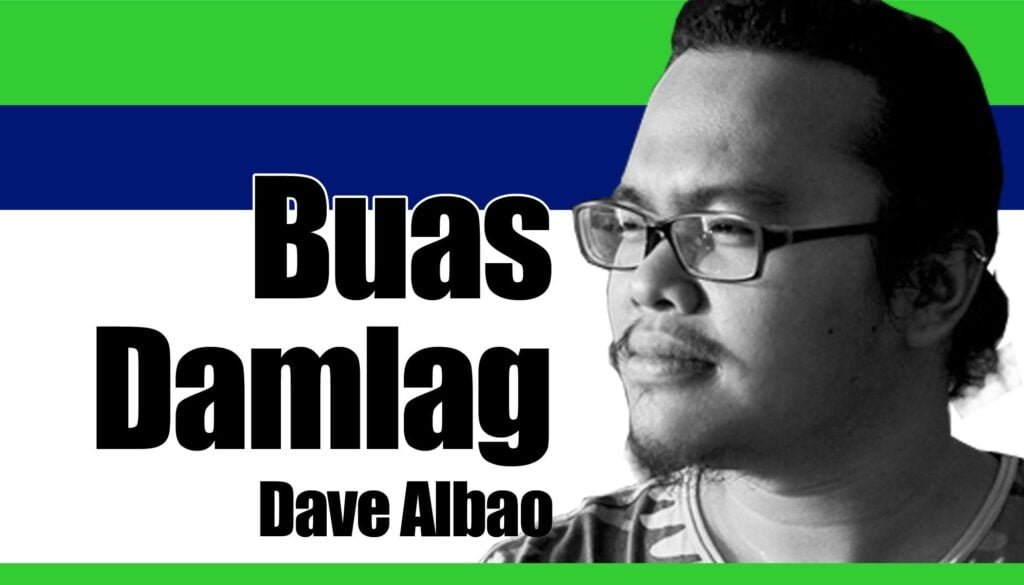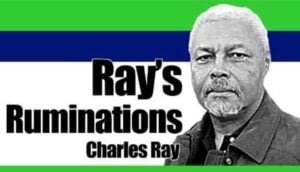
Not only business owners or investors care about the sustainability of business – so do the individual and even small-scale producers, suppliers, service providers, consumers, and of course people employed in the workforce.
Often discussed in sustainable development are the economic and ecological dimensions – financial or material progress while ensuring the viability of the ecosystems or the environment. However, the economy and the environment are only two factors in the triple bottomline of sustainable business – there is the social pillar that relates to the impacts of corporations and enterprises to people and society.
Social sustainability is when systems and structures “actively support the capacity of current and future generations to create healthy and livable communities. Socially sustainable communities are equitable, diverse, connected and democratic and provide a good quality of life,” according to the Western Australia Council of Social Services.
A socially sustainable business respects and prioritizes human rights of all, especially on labor, education, health, and access to basic social services, as well as for specific sectors such as women, children, youth, marginalized communities, indigenous peoples, people with disabilities and the LGBTQ+. Sustainability also follows the rule of law and reduces graft and corruption in internal processes and in public governance, so that equity exists for everyone involved in development.

In addition to paying attention to our economy and environment, we need to answer the questions: How fairly and reliably are we paying our suppliers and service providers? Do we ensure safe work conditions, living wages and job security to build a more secure supply chain? Do we have systems in place for people’s health and wellness? Are we inclusive and supportive of diversity while actively eradicating discrimination based on gender, ethnicity and beliefs in our workplace? How are our products, services and operations affecting the lives of people?
There is a human cost to doing business. And there is a rising consciousness among us – especially the consumers and citizens with purchasing (and voting) power – for what is ethical and fair. On an extreme end, it is inevitable for a company or a government agency to face ‘cancel culture’, bashing or backlash from citizens calling out unfair and unethical actions.
To avoid these divisive, demoralizing and sometimes (verbally) violent scenarios, we are called to review our practices and truly, deeply consider social sustainability. We need to think that without a social license to operate, any business (or governance mechanism) will not succeed.
These are some of my key insights as I graduated from the Swedish Institute Management Programme- Asia Cohort 2020 with a focus on Sustainable Business and Responsible Leadership.
Out of 269 applicants, 30 of us leaders within trade, industry and the public sector from six countries (the Philippines, Thailand, Vietnam, Indonesia, India and the People’s Republic of China), were selected to go through learning modules with sustainability experts, business cases, and the practice of design thinking (with an emphasis on the process of ‘empathy’ for stakeholders), almost every week from March to November.
We were supposed to gather in Bangkok earlier this year and eventually in Stockholm to study, design and implement initiatives to steer through emerging sustainability challenges and opportunities in Asia. But because of the pandemic, the entire program (thanks to the wonderful organizers with the support of the Swedish government) had to innovate and had to be creatively conducted online for the first time. Most of us participants were adapting to the crisis affecting our own work on-the-ground while also keeping up with interactive virtual sessions and case studies at SIMP.
Receiving our diploma is not the end as we continue to work within our influence towards the Sustainable Development Goals (SDGs) and the 2030 Agenda. As “Corona SIMPsters” we are the cohort coinciding with a massive global upheaval, which is a vast opportunity to reinvent and reconsider sustainability from an experience of crisis.
I and the rest of the Philippine team in SIMP Asia 2020 — Russell Pili of the Department of Science and Technology-Philippine Council for Industry, Energy and Emerging Technology Research and Development, Karla Espinosa of the Department of Finance-Extractive Industries Transparency Initiative, and Catherine Mijares of the Australia and New Zealand Banking Group dedicate this milestone to our colleagues and communities. I also thank our new-found friends and fellow SIMPsters from the 5 other countries.
We join the Swedish alumni network in the Philippines and worldwide, the Embassy of Sweden in Manila and the many circles of advocates from other similar programs of diverse partners, looking forward to a sustainable future. We share the vision of a healthy and livable future for the planet and people. – NWI




